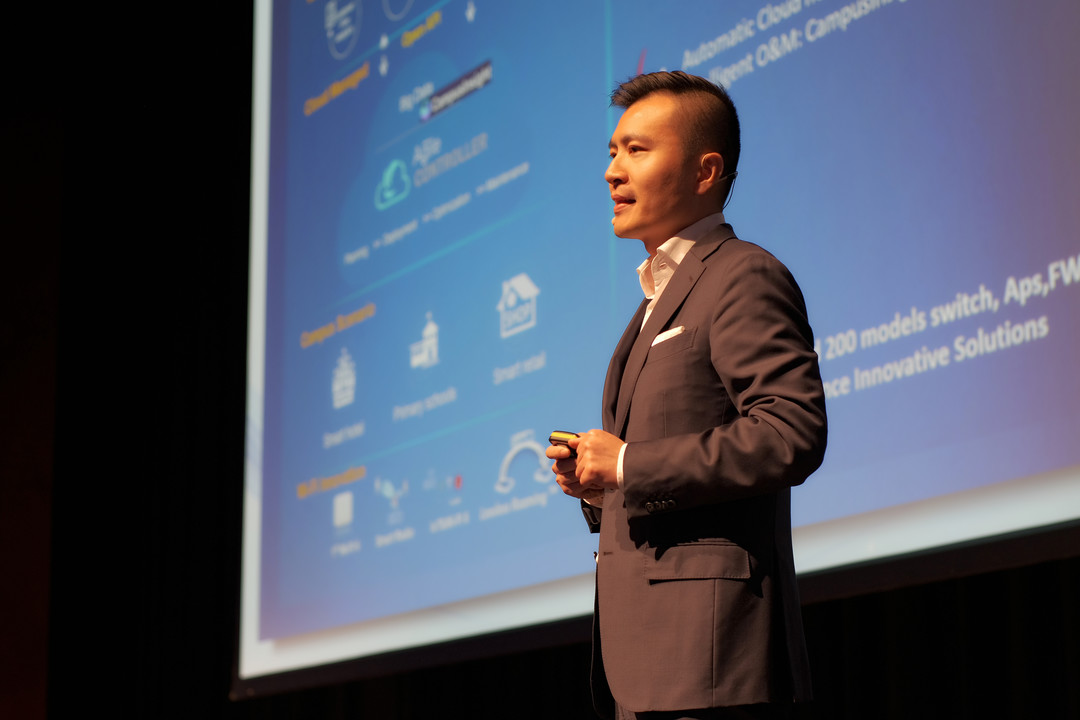
This was revealed at the Huawei Cloud Summit Nigeria 2024, which marked the official launch of Huawei’s local cloud offering in Nigeria.
The Chief Executive Officer (CEO) of Huawei Nigeria, Chris Lu, explained that the Huawei Cloud initiative seeks to address longstanding technical challenges while providing businesses in Lagos and across Nigeria with the opportunity to thrive in a secure and efficient digital environment. He reaffirmed the company’s commitment to advancing Nigeria’s digital economy through cost-effective and reliable solutions.
Lu stated, “With our disruptive technology, we can transform ourselves, our businesses, our industries, and our lives.”
Discussing the rationale behind building a local cloud in Nigeria, Lu highlighted that while cloud computing is ideal, uncertainty about where data is stored can be unsettling.
He said, “For Huawei, it was very important to build in Nigeria—not only because we believe in the market’s vast potential, but also because we have been invited to collaborate with local partners who excel in developing applications and providing digital services to various industries and consumers. That is why we want our customers to store their data in Nigeria, in Lagos, where they can feel confident and secure.”
He also highlighted a key advantage of the local cloud, explaining that storing data in Ireland incurs a latency of over 120 milliseconds, whereas the local cloud in Nigeria reduces latency to less than 15 milliseconds. This results in significantly better performance and lower latency for Nigerian users.
Speaking at the event, the Director-General of the National Information Technology Development Agency (NITDA), Kashifu Inuwa Abdullahi, described the launch of Huawei’s local cloud as a landmark moment for Nigeria. He encouraged stakeholders to embrace the transformative potential of cloud computing to drive innovation, foster economic growth, and enhance digital transformation across all sectors.
Represented by the Acting Director of Regulations and Compliance at NITDA, Emmanuel Edet, Abdullahi emphasised the immense potential of cloud computing for Nigeria, describing it not merely as a technological advancement but as a catalyst for change that can empower businesses, improve government services, and enhance the quality of life for Nigerians.
Abdullahi remarked, “It also gives us the ability to scale rapidly, innovate continuously, and compete globally. However, as we embrace this technology, it is vital to discuss aligning our digital strategies with local interests, building robust infrastructure tailored to Nigeria’s unique needs and aspirations, and ensuring data sovereignty.”
In his goodwill message, the Deputy Governor of Lagos State, Obafemi Hamzat, stated that the event’s theme was a call to action for businesses, organisations, and individuals to adopt cloud solutions as a pathway to innovation, efficiency, and growth.
He emphasised that digital transformation is no longer optional but essential for sustainable development. Hamzat added that businesses must view technologies such as cloud computing as critical to unlocking transformational systems across all sectors.
“In Lagos, we are already witnessing the transformative impact of technology—from small startups to established enterprises. These solutions are driving economic growth, creating jobs, and shaping how we work and connect,” he said.






